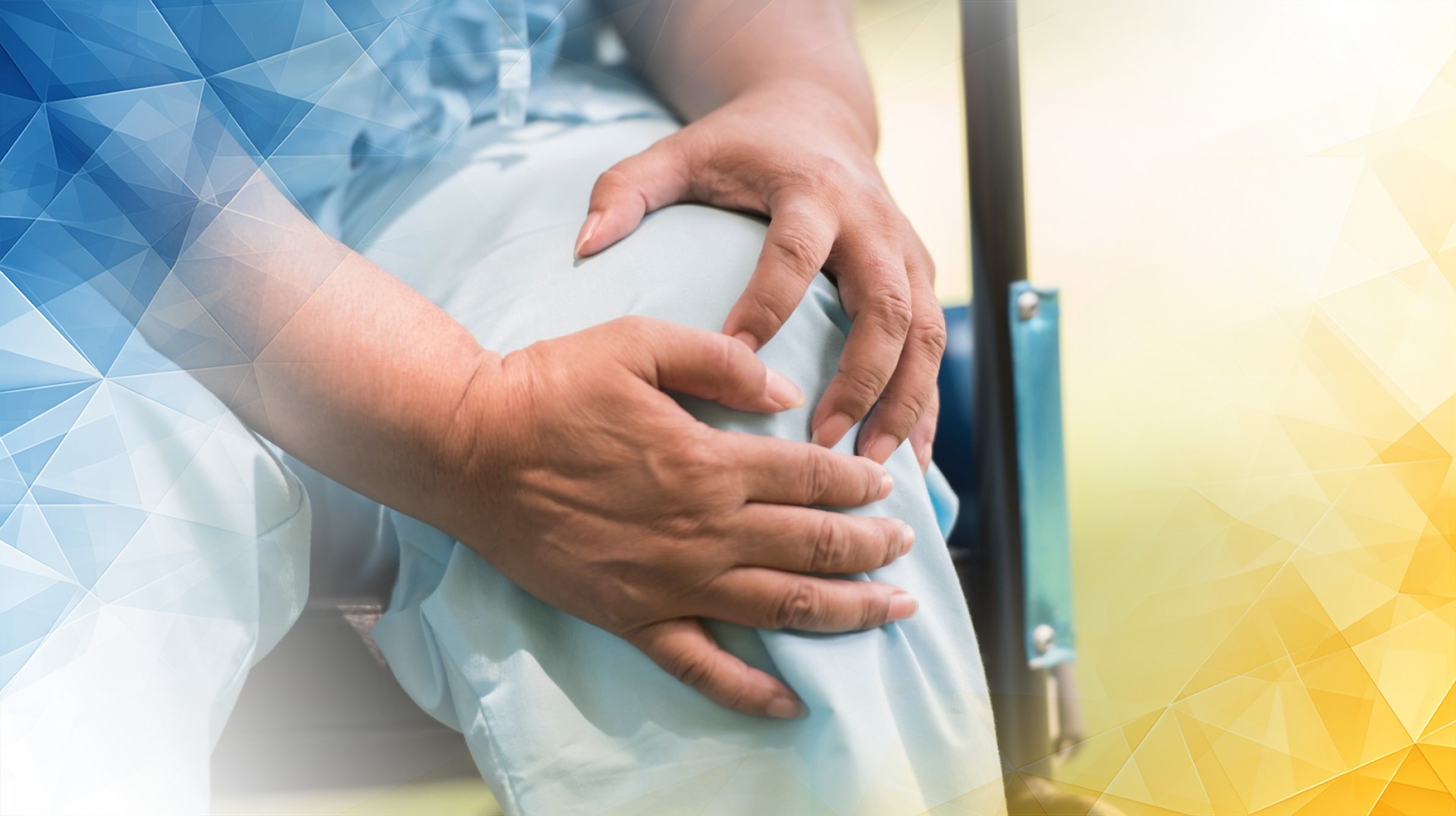



Knee cartilage problems are a leading cause of pain and stiffness, making everyday activities like walking , climbing stairs, or even standing for long periods a challenge for millions of people. While treatments and surgeries are available, many people prefer natural, noninvasive ways to nurture their knee health and tap into the body’s own ability to heal . If you’re curious about how to regenerate knee cartilage naturally , you’re in the right place. In this guide, we’ll explore the role of nutrition, movement, and simple lifestyle changes in protecting and even repairing your knee cartilage —all while comparing these natural methods with the latest medical breakthroughs.
Before exploring natural remedies, it’s helpful to know what knee cartilage does and why it’s vital for joint health . Cartilage is a smooth, resilient tissue that cushions the bones in your knee , allowing easy, friction-free movement. Over time, aging, injuries, or consistent stress can thin or damage this protective layer, often resulting in pain and limited mobility—a condition known as osteoarthritis .
Medical science has made exciting strides, from stem cell therapies to cartilage “scaffolds” designed to help regrow damaged tissue. While these advanced treatments offer hope, they are expensive, may not be widely available, and often require more research to become mainstream solutions. Meanwhile, researchers are uncovering novel therapies, like plasma jet treatments, that may inspire new natural healing methods in the future. For most people, however, supporting the body’s natural repair processes with everyday habits remains one of the most practical and accessible options for maintaining knee health .
What you eat can make a significant difference in the health of your knee cartilage . Certain nutrients act as building blocks for cartilage or help limit inflammation that accelerates joint damage. Key compounds like glucosamine and chondroitin—naturally present in cartilage—support strength and resilience. While supplements exist, you can also get glucosamine and chondroitin from foods like bone broth, shellfish, and some vegetables.
Omega-3 fatty acids—found in fatty fish like salmon and mackerel—are natural inflammation fighters that support healing and limit cartilage breakdown. Antioxidants from colorful fruits and leafy greens help protect joint tissues from oxidative stress. By regularly including these foods in your diet, you give your knees the raw materials needed to stay strong and repair themselves over time.
In addition to healthy eating, your movement habits play a big role in knee health. Low-impact exercises that gently strengthen the muscles around your knee can reduce pressure on cartilage and boost stability. Simple moves like leg lifts, hamstring curls, and gentle squats—easily done at home—help build supportive muscle without straining your joints .
Stretching keeps your joints flexible and helps prevent stiffness, while activities like swimming or cycling give you a great workout without pounding your knees. Regular movement also improves circulation, delivering nutrients to cartilage and carrying away waste. Just be sure to balance activity with rest so your joints have time to recover and get stronger.
Natural strategies are great for everyday knee care, and when paired with professional advice, they become even more powerful. Scientists continue to develop new methods, such as biomaterial scaffolds and stem cell therapies , aimed at regenerating damaged cartilage . Other innovations, like plasma jet therapy, show promise in early studies. While these treatments may shape the future of joint care, most are still experimental or limited to clinical settings.
That means the best current approach is to use natural methods to build a healthy foundation, and to consult your healthcare provider about appropriate medical interventions when needed. Simple changes to your diet and exercise routine can make a meaningful, lasting difference in how your knees feel day to day.
Ready to make a change? Here are some easy ways to get started:
By forming these habits and sticking with them, you’ll give your body the tools it needs to repair and maintain healthy knee cartilage naturally .
Regenerating knee cartilage naturally is both possible and practical. By pairing mindful eating with gentle, regular movement, you can slow cartilage breakdown, ease discomfort, and keep moving with confidence. Science continues to support the value of these approaches—while also opening the door to even more effective treatments in the future. Take control of your knee health today through simple changes in diet and activity, and give your joints the chance to thrive for years to come.
Rodríguez‐Merchán, E. C. (2012). Regeneration of articular cartilage of the knee. Rheumatology International, 33(4), 837-845. https://doi.org/10.1007/s00296-012-2601-3
Okahashi, K., Fujisawa, Y., Sugimoto, K., & Tanaka, Y. (2010). Cartilage regeneration of knee OA after high tibial osteotomy. Techniques in Knee Surgery, 9(2), 95-100.
Koohpar, A. K., Jahandideh, A., & Mortazavi, P. (2023). Investigation of the effect of plasma jet on regeneration of rabbit knee cartilage. International Bulletin of Veterinary Medicine, (2), 379-387. https://doi.org/10.52419/issn2072-2419.2023.2.379
All our treatments are selected to help patients achieve the best possible outcomes and return to the quality of life they deserve. Get in touch if you have any questions.
At London Cartilage Clinic, we are constantly staying up-to-date on the latest treatment options for knee injuries and ongoing knee health issues. As a result, our patients have access to the best equipment, techniques, and expertise in the field, whether it’s for cartilage repair, regeneration, or replacement.
For the best in patient care and cartilage knowledge, contact London Cartilage Clinic today.
At London Cartilage Clinic, our team has spent years gaining an in-depth understanding of human biology and the skills necessary to provide a wide range of cartilage treatments. It’s our mission to administer comprehensive care through innovative solutions targeted at key areas, including cartilage injuries. During an initial consultation, one of our medical professionals will establish which path forward is best for you.
Contact us if you have any questions about the various treatment methods on offer.
Legal & Medical Disclaimer
This article is written by an independent contributor and reflects their own views and experience, not necessarily those of londoncartilage.com. It is provided for general information and education only and does not constitute medical advice, diagnosis, or treatment.
Always seek personalised advice from a qualified healthcare professional before making decisions about your health. londoncartilage.com accepts no responsibility for errors, omissions, third-party content, or any loss, damage, or injury arising from reliance on this material. If you believe this article contains inaccurate or infringing content, please contact us at [email protected].